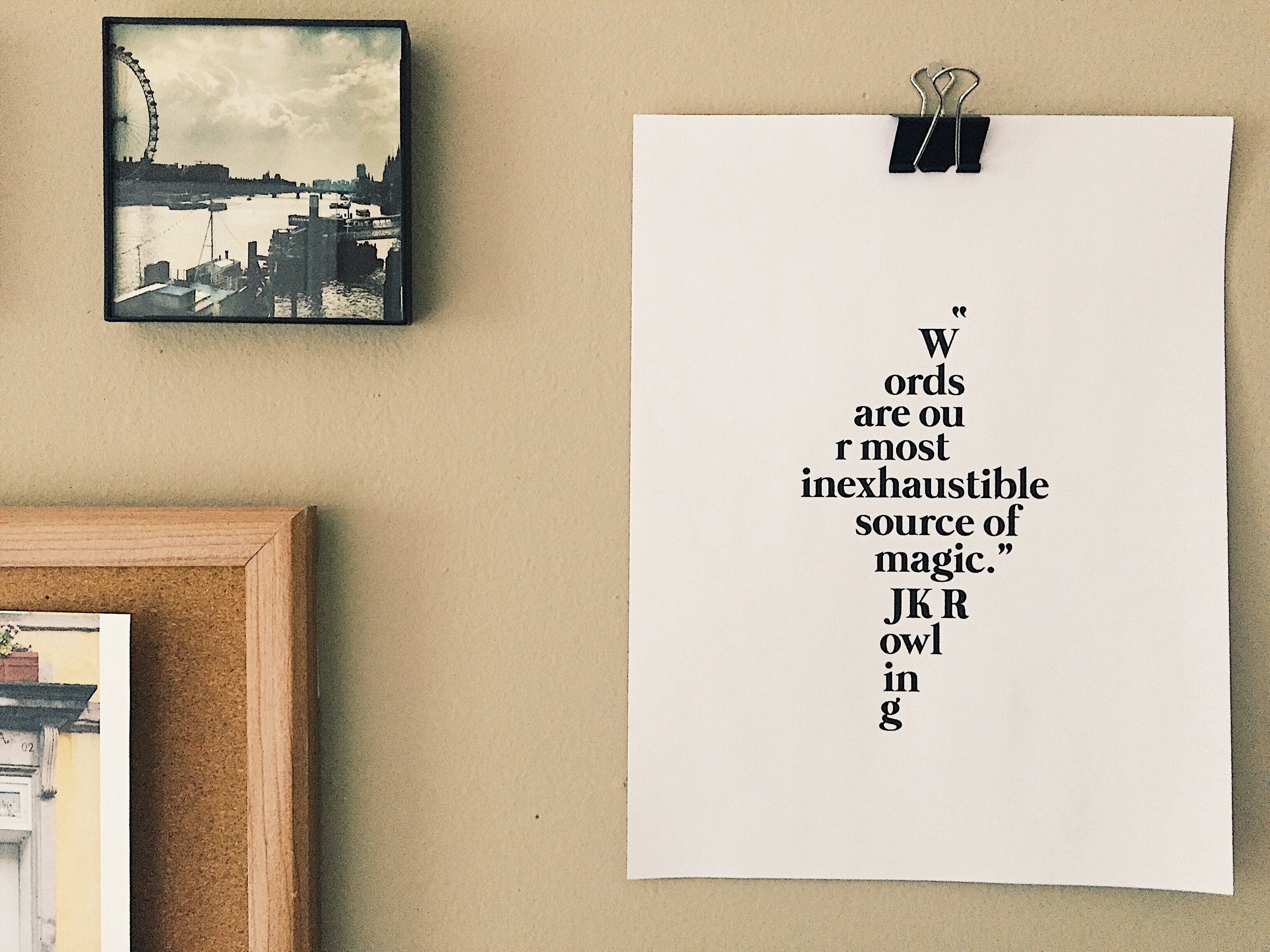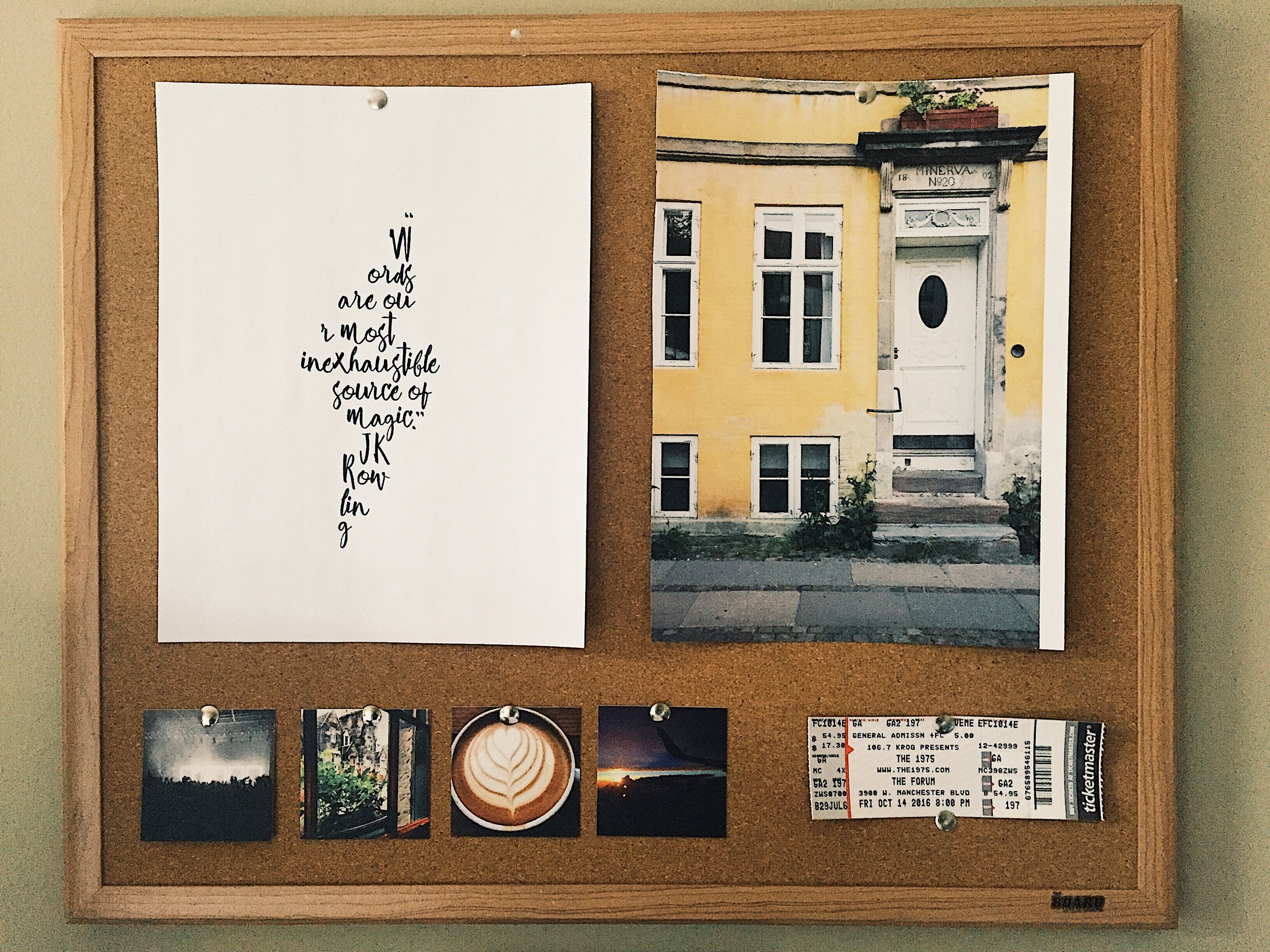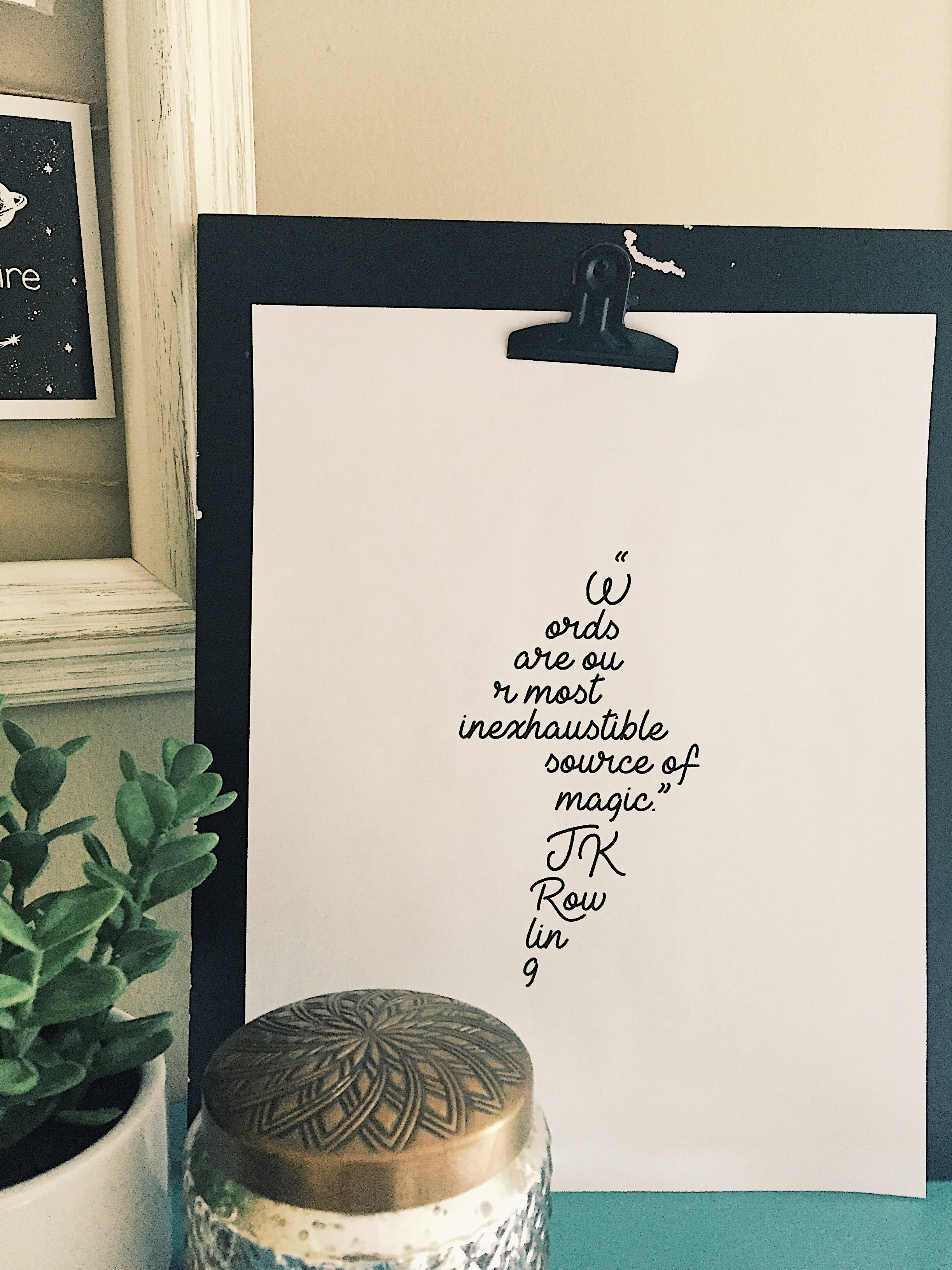6 Tips for Renting Your First Home
My transition from college dorms to living in a rental house followed a huge learning curve. I was in college, renting my first home, and I was still a full-time student. There were issues that cropped up I couldn’t even imagine would be issues.
I was a sophomore when I began renting my first home, and I shared it with three other roommates, close friends who I knew very well. Even so, it’s impossible to know how different people are going to react to living in close quarters. Who knew I had such an obsession with how a dishwasher needed to be loaded? Apparently, I often forget to close the milk all the way. Communication became crucial and honestly, we’re all better friends now because of those conversations.
On the other hand, dealing with landlords can be a serious game of chess. In my first rental home, I didn’t tend to the daily maintenance that was required on my behalf and karma came for my roommates and me when it came to moving time. We were required to give the rental a deep clean before we moved out, which we overlooked in the contract. Since we didn’t tend to these areas throughout our time living in the house, it required much more work than if we had.
Luckily, in this case, we didn’t have to fork over any extra cash. But it happens! I have friends who have paid “general cleaning” fees that came to over $300 just because they didn’t document the cleaning they did actually do.
Here are some tips on how to keep up a rental home for the long term:
1. Read the fine print.
I remember being super nervous about what I was and wasn’t responsible for, and I made sure to read all of the fine print in the landlord’s contract. This allowed me to know exactly what repairs the landlord would take care of.
What I quickly learned after having a few landlords is that not all of them repair and maintain their rental homes the same. For example, some will provide snow removal and lawn service, and some will leave it all up to you. This additional day-to-day maintenance in the home that falls on your shoulders typically goes unsaid by the landlord since their contract’s only explicitly mention what they’re responsible for.
2. Keep the floors clean.
It may seem like an obvious tip, but it’s important to keep the floors clean. Dirt on carpets and rugs can degrade the fibers. Grime buildup on hardwood or laminate floors leads to scratches that are very hard to fix. Start by placing a placemat near the doors to prevent guests from tracking dirt inside. This is especially important if you’re living in a location with four seasons. We all know winter can get messy. Vacuum carpeted areas at least once a week and do a deep clean once a month. There are carpet cleaning services available, or you can rent a cleaner at a local home goods store.
Sweep floors with harder surfaces on a weekly basis, and mop using a product based on the floor type. When mopping, make sure to follow instructions on how much product to use. Too much moisture on hardwood floors can cause the panels to bend and warp.
After my first rental home, I knew exactly what to take care of in the next one. To make sure the floors didn’t become dust storm havens, my roommates and I had a scheduled time period on Sundays where we’d all deep clean the house. We even pulled sticks to decide who was going to sweep and vacuum the floors, which led to a kind of comradery between us. We knew we were in this thing together.
3. Maintain the heating and air conditioner.
Living in a house of four girls, none of us were thinking about air filters. So, I set a calendar invite with all of my roommates as a reminder to change the air filters. When the calendar reminder went off, whoever was in the house changed out the air filters throughout the building.
Keeping up with air conditioning and heating systems is not only a maintenance issue, but its key for safety. Clean vents are good for air quality and reduce the risk of fires. Vacuum any vents on the floor and use a hose to reach higher vents to help clear dust on move-in day. Don’t place furniture directly on the vent if your vents are located on the floor.
Generally, air filters should be replaced twice a year. If there are pets around, replace the filters every 90 days. Shorten the time frame to every 60 days if someone in the home suffers from allergies. It may seem counterintuitive, but it’s better to leave the air conditioning on even if no one is at the home. Instead of turning it off, just lower or increase the temperature slightly. This helps save money in the end.
4. Wash the windows.
Similar to the air filters and cleaning our floors, I had an alarm set to remind the house to clean the windows once a month. Especially considering one of the homes I lived in was built in 1920. Although the windows had been replaced since 1920, they were needing another replacement. My landlord was slow to fix things, so cleaning the windows extended the lifetime of our very old ones and helped insulate the house. As for the blinds, my roommates and I tackled those whenever we dusted, which was on Sundays. Again, we pulled sticks for who was going to tackle the task.
Washing windows is often the last thing renters think about. However, regular maintenance can help keep electricity bills low and bring more natural light into the home. Windows should be cleaned at least once every two months. Areas that experience heavy pollen may require a window cleaning once a month. Professionals have noted that cleaning your windows regularly extends the lifetime of your windows. Since glass is porous, any dirt that accumulates breaks down its surface.
The easiest way to clean a window is using a squeegee and a solution of water and dishwashing liquid. There are window cleaning services available that help with hard to reach windows. Otherwise, renters can work with a landlord to install self-cleaning windows. These windows are made using a film that helps repel dirt. While they are great for rainy climates, they are more expensive than regular windows.
Blinds only need a damp cloth with a little soap for wiping up all of the dust. The soap shouldn’t be too harsh, as this damages the finish. Most cloth curtains are machine-washable, but heavier curtains may require a cleaning service or regular dusting.
5. Keep an eye on the washing machine.
The landlord is usually responsible if a washing machine or dryer experiences a major breakdown. But the renter could end up paying for it if the issue could have been prevented. For example, most washing machines now are high efficiency. While this helps lower bills, it also means the machine requires a certain type of detergent. Don’t overload either machine. As for the dryer, clear out the lint vent before each load. This helps prevent fires and makes the drying time faster.
In every house I lived in, I found it easy to place a garbage can in the laundry room so that whenever I did laundry, cleaning the lint vent was easy. I almost always didn’t forget about it since the trash was placed directly next to the dryer.
6. Respect the sinks.
Keep certain items away from the garbage disposal to help the kitchen sink run smoothly. These items include animal bones, metal, glass, cornhusks and pieces of celery. Do not pour animal grease down the drain, as it will clog the pipes. Avoid using drain cleaner for the garbage disposal, as it can produce harmful fumes.
If the garbage disposal starts to get an odor, put lemon or orange peels inside. Ice chips also help keep the blades sharp. There is usually a red restart button near the switch for the garbage disposal if it stops working suddenly. However, if the button doesn’t work then it is time to call the landlord for a repair.
Bathroom sinks are another fixture that is at risk of clogging. Especially if you’re a female or have female roommates like I did. We’re always shedding! Use a drain stopper in the tub or shower to help keep hair away. If the drain does get backed up, use a hair removal tool. Plungers are the best fix for toilet backups.
In one of the houses I lived in, the drains clogged easily. Abnormally so. Using a hair removal tool just got to be too much. In that case, I used a hair catcher that you place over the drain. Then I didn’t have to worry about pretending to be a part time plumber fishing hair out of a sink or shower drain.
***
The important takeaway is to take care of your rental home as if you were the owner of the property! By doing so, you’ll avoid having repairmen in and out of your home. Trust me, they never come when it’s convenient for you! Before signing the lease, make sure to review what is and isn’t required on your behalf throughout the contract. If the lease is extremely vague, ask for clarification and get it in writing. Anything that is required, be sure to keep up with it to make your move out process as painless as possible, and always document the house upon move-out.
If you take care of your rental, your landlord is likely to take care of you!
FREE PRINT
Do you like free things? Us too. How about this free print of a dope Harry Potter quote in 3 font options? Enter your email below to receive your free Harry Potter print.















Hi friends,
Announcement (sounds so formal, doesn’t it?):
It's the end of an era.
I’ve decided that, after nearly 8 years of telling stories of navigating life, this season of Windrose is drawing to a close.